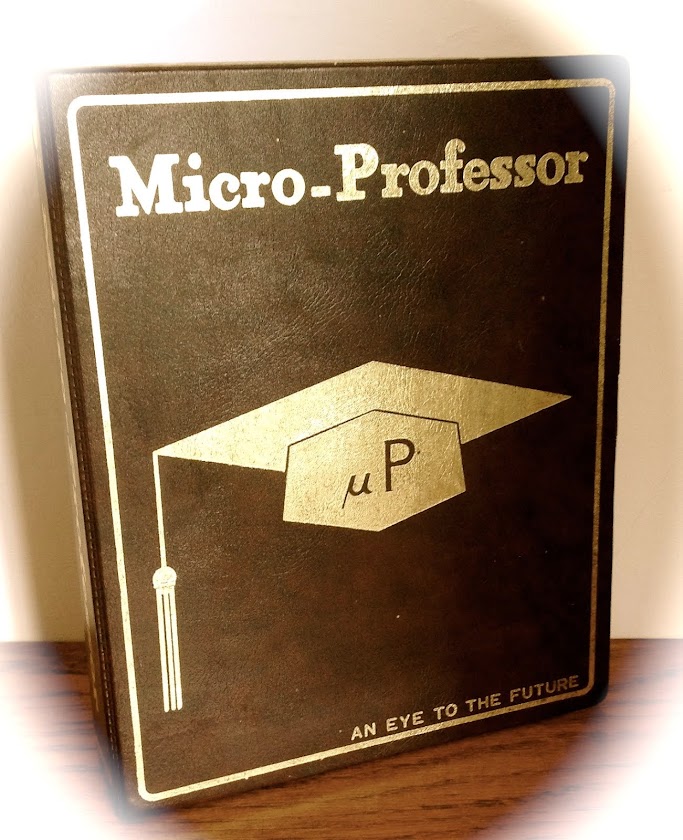I use companion planting in my garden a lot, for example sowing mustard seed when I plant potatoes - the roots of the mustard secrete a substance that deters eelworm. Tomorrow I will be looking for companion ideas from the public to add to a harvest of solar information.
Here is my seed idea as submitted to www.pop-up-foundation.com.
Plants are exquisitely adapted for capturing the sun's energy. However, humans who aspire to use solar technologies in order to contribute to a sustainable future need better data in order to make wise investment choices. Homeowners looking to install solar power generation facilities are dependent on the advice of providers, installers, energy companies or those seeking to rent roof space. They cannot directly access objective data on the current performance of existing home-based solar technologies in their area. Crowd sourcing of data about the performance of solar technologies (for example data about the type of solar technology used, position/aspect of the solar technology on the building, power generation history) uploaded to a citizen website would open up a huge resource to those who want to understand the potential for solar technology in their home.
Householders with solar panels ‘feed in’ the amount of electricity generated to energy companies. I recommend that we put this ‘Big Data’ back in the hands of the citizens who collect it by enabling existing solar technology users to also ‘feed in’ to a web space that is open to all. This would be a valuable resource for those making a decision about financial investment in solar. There is also the potential to further the scope of the project. Citizen scientists could apply their enthusiasm and creativity to mining the solar data together with other sources of data, for example bird migration, and convert it into valuable knowledge to enable a more sustainable future.
